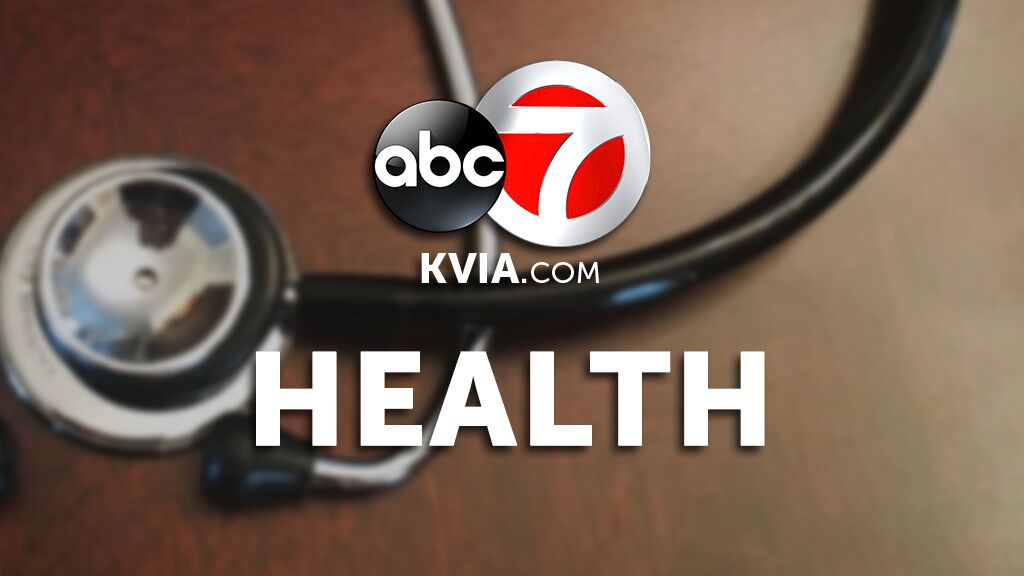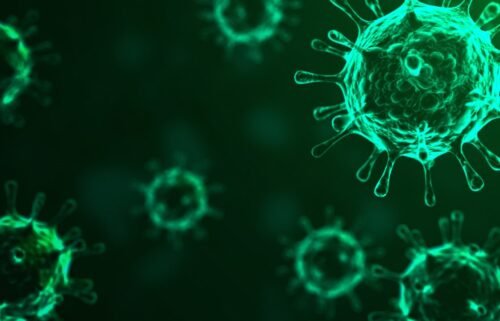Medicine in motion: How Tai Chi heals body and mind

As the sun breaks over the skyscrapers of Hong Kong, the smooth, graceful moves of Tai Chi sweep across the green spaces below. Surrounded by dozens of people from all ages, former ballet dancer Linda Fung joins them in breathing deeply in and out, her face calm and serene.
“It is the most unbelievable, beautiful, harmonious, blissful exercise,” Fung says, as she lifts her arms to the sky in the preparatory movement called Wu Chi.
“We breathe in, we open palms down, absorb the energy from Earth. We breathe in, palms up towards the sky, absorb the energy from heaven,” she explains, bringing a dancer’s innate elegance to the motions.
It was dance that brought Fung to the practice of Tai Chi, as she searched for ways to heal multiple injuries she sustained as she practiced her craft.
“As a ballerina, you always strive harder to break through the limits,” Fung said. “Your body is getting sick and is injured all the time.
“Why Tai Chi has good, amazing health benefits is because it’s a self-healing process.” she said. “When I started, I thought, ‘This is quite phenomenal.'”
A balance of yin and yang
Evolving from ancient martial arts, the core principles of Tai Chi are based on Taoism, an ancient Chinese philosophy which stresses a natural balance between two opposing forces called yin and yang.
Think of yin and yang as the complementary but opposite sides of a coin that together form a perfect whole.
“Yang is your mind, it’s a cerebral activity. It’s your emotions. Yin is your body,” Fung said. “By practicing Tai Chi, you connect these two parts, and you balance the yang energy with the yin energy.”
“When these two things balance, then harmony is achieved,” she continued. “When harmony is achieved, then transformation follows. And the transformation is — you feel better.”
When you are in balance you feel your “chi” or life force which traditional Chinese medicine considers a form of energy that can heal mind and body. When chi is unlocked and flowing through the body, Fung said, it can address the body’s injuries.
“When the chi actually start working, your body improves. Your balance gets better. You sleep better. You have enhanced vitality, energy,” said Fung, who now teaches classes in Hong Kong combining dance and Tai Chi. “And it keeps flowing. That’s why it’s amazing.”
Science behind the mystery
While all that sounds rather mystical, science shows Tai Chi can improve health. Researchers have discovered that even a shorter, modified exercise series of Tai Chi movements can improve muscle strength, balance and flexibility, while also reducing stress and lowering blood pressure.
Bone health: Tai Chi doesn’t require any resistance or weight-bearing exercise, both known to increase bone formation, yet studies have shown that it can improve bone mineral density. It’s also been shown to reduce bone loss and fractures in post-menopausal women. Research on men, however, has been contradictory.
Tai Chi also reduces falls and improves balance in the elderly, and is easier than traditional exercise for some with frail health or physical limitations.
Cardiovascular disease: Tai Chi and Qigong, a very similar centuries-old system of movement, breathing and meditation, have shown to be extremely beneficial for cardiovascular health.
Significant blood pressure reduction was a key finding in most studies, showing the ancient practices to be as effective in reducing hypertension as weight loss, a low-sodium diet or reducing alcohol use. Some randomized clinical trials, the gold-standard for research, have found Tai Chi can reduce cholesterol levels; other studies have seen improvements in blood sugar control.
Inflammation: A few small studies have shown Tai Chi can reduce levels of C-reactive protein in the blood, a cardinal sign of inflammation. If that research is replicated, it could explain some of Tai Chi’s health benefits due to a reduction of disease-causing inflammation in the body.
Mental health: The calming, meditative trance needed to do a Tai Chi series has been shown to greatly reduce anxiety and stress, even lowering levels of cortisol, the stress hormone, in the blood of participants.
A city of healthy elderly
In Hong Kong, where Fung lives, the practice of Tai Chi is common.
In addition to a healthy diet of fish, rice and vegetables, access to green spaces and a lack of crime, experts point to the health benefits of Tai Chi as a reason lifespan has increased in Hong Kong over the last 50 years.
“For women, it is 88 years,” said geriatrician Timothy Kwok, a professor at the Chinese University of Hong Kong. “Less in men, it is 82 years.”
The health benefits are so impressive the Hong Kong government promotes the practice of Tai Chi by providing free classes.
“All around the parks in Hong Kong, every morning, you have some people just getting groups of people and teaching them how to Tai Chi,” Kwok said. “It is all for free.”
For Fung, the ancient Chinese movements are a key to self-healing she cannot live without.
“If you understand how it works, you understand the nature, the fundamentals, the inner workings of what Tai Chi is,” Fung said,” then when you apply it, and when it works, then it’s no turning back.”




